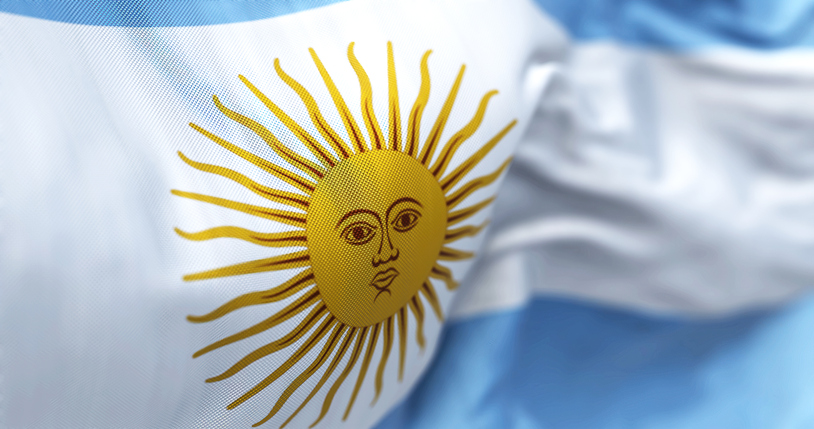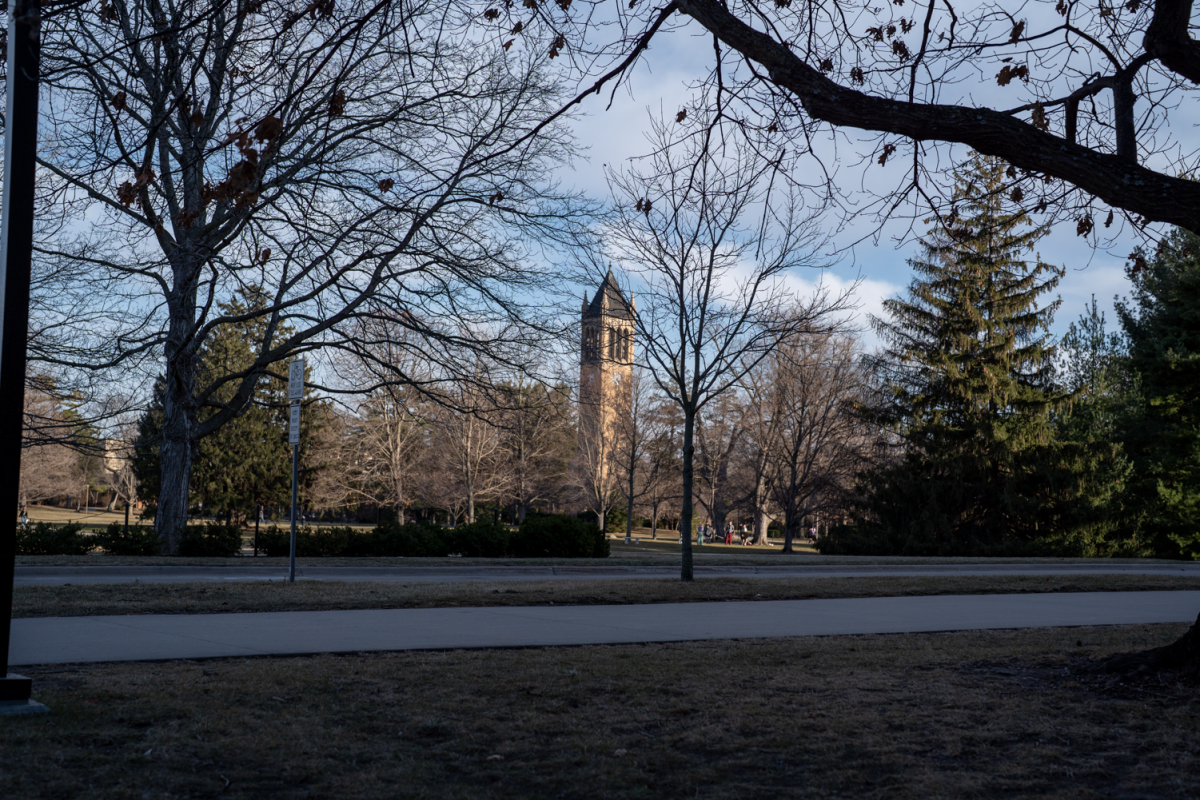Although many in Iowa may find Argentina’s new president-elect Javier Milei unimportant, I ask all readers to consider why such a person was elected. If you do not know anything about Milei, The Guardian published a brief but interesting biography that traces how Javier Milei, whom some call the “Argentine Trump,” got elected.
Rewind to the 2016 presidential elections. Everyone, including myself, gave Donald Trump almost no chance against Hillary Clinton. It was difficult to imagine a scenario where a New York business mogul, who, quite honestly, was hated before 2015, would win the presidency. And although I find some of Trump’s followers to be cultish in their support, I also know plenty of reasonable, common-sense individuals who support a figure like Trump. Likewise, the situation with Argentina’s Milei is no different.
I have extended family who were born and raised in Buenos Aires, Argentina, and they have suggested that Milei was elected president because he represented a possible shift in governmental policy. Argentina has notoriously dealt with soaring prices, with inflation as high as 143%.
“The South American nation, the region’s No. 2 economy and a major grains exporter, is facing its worst crisis in decades,” according to Reuters.
With such drastic circumstances, it is no surprise Argentina wants something different, away from its “Peronismo” past.
Enter Milei, whose “propensity for attention-grabbing foul-mouthed outbursts made him a household name and helped him kickstart a career in politics around five years ago,” according to The Guardian bio.
In addition to his exuberant personality, Milei also advances radical political ideas, far out of line with the mainstream. As a self-described anarcho-capitalist, Milei has radical visions for the future of Argentina. These include “adopting the U.S. dollar as the national currency, scrapping the central banks, prioritizing commerce with capitalist nations like the U.S. over China and reducing a bloated state sector.”
In addition to these fiscal changes, Milei also “opposes abortion, has said he would support creating a market to buy and sell organs and doesn’t believe climate change is man-made.”
In today’s political climate, people are desperate for alternatives, and Milei’s election coincides with this desire. In Argentina, people are struggling massively. According to the Wall Street Journal, “more than 40% of the population is living in poverty, and factories have been forced to halt production because of a shortage of dollars to pay for imports.” In addition, “The Argentine peso has lost some 90% of its value against the dollar on the black market, its collapse leaving many Argentines struggling to get by on earnings of about $200 to $300 a month.”
In my view, Milei represents a troubling shift in world politics. Leaving his policy decisions aside, his elections represent something I feel is becoming more prevalent around the world. People are beginning to see the failures of neo-liberal, globalist governments. War and poverty seem to never be remedied, and the expected reactions to such elements are obscene and charged with a sort of “why me?” fervor. While this is expected and justified, figures like Milei (and Trump) begin to embody Messianic saviors for their voting base.
Once again referring to The Guardian article, Benjamin Gedan, who specializes in Argentine politics for the Wilson Center, claims that, “The option [voters had] was more of the same in catastrophic economic conditions or a radical gamble on a potentially bright future with a lot of downside risk.”
He goes on to say that there would be “a lot of buyer’s remorse in Argentina” if “Milei pursued even a small fraction of his ideas.”
“Those ideas include,” the article reads, “dramatically slashing social spending, downplaying the crimes of Argentina’s 1976-83 dictatorship and cutting ties with Argentina’s two most important trade partners, Brazil and China.”
It is expected that Milei will moderate his goals, as it is far-fetched to make them a reality. However, the fact that so many people avidly support such propositions should signal that people are tired of the same. Our more moderate politicians are beginning to become old news, and on the horizon are more reactive and determined movements that do not mind toppling age-old institutions. How can we blame them? People who do not have enough money to buy simple necessities have every right to resist. Unfortunately, the resistance can often be violent and ugly in character. However, if we learn anything from history, these factors rarely carry any significance.
And although Milei deserves a fair chance at office, leaders around the world should examine why a figure like Milei got elected in the first place. The re-introduction of radicalized politics into the world order represents a shift that everyone should pay attention to.














Damian | Dec 8, 2023 at 9:31 am
Milei is the last thing that the Argentine economy needed. As you well know the Argentine peso plunged earlier this year. Hes a dollar store trump. Much like the United States, the voters had little choice.